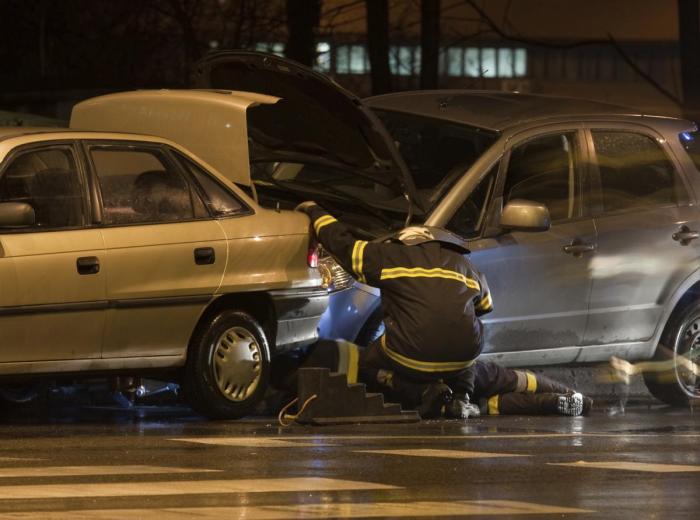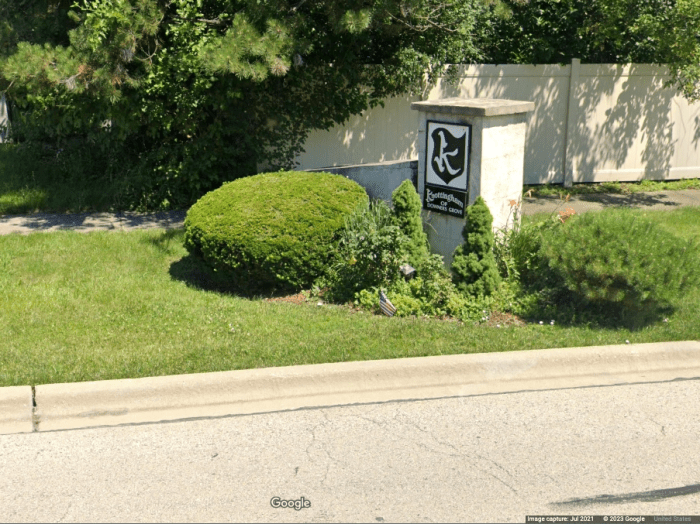Failure to reduce speed to avoid an accident ilcs – Failure to reduce speed to avoid an accident, a violation defined by Illinois law, carries significant consequences. This guide delves into the legal implications, elements of the offense, potential defenses, sentencing considerations, and civil liability associated with this offense.
Understanding the intricacies of this law is crucial for motorists operating vehicles within Illinois. By examining the legal framework and potential outcomes, drivers can mitigate risks and ensure compliance with traffic regulations, fostering a safer driving environment for all.
Failure to Reduce Speed to Avoid an Accident in Illinois: Failure To Reduce Speed To Avoid An Accident Ilcs

In Illinois, the law defines “failure to reduce speed to avoid an accident” as the act of operating a motor vehicle at a speed that is greater than is reasonable and prudent under the conditions and having regard for the actual and potential hazards then existing.
Violating this law can result in fines, jail time, and driver’s license suspension.
Elements of the Offense
The prosecution must prove the following elements to establish a violation of this law:
- The defendant was operating a motor vehicle.
- The defendant was driving at a speed that was greater than was reasonable and prudent under the conditions.
- The defendant failed to reduce their speed to avoid an accident.
- The defendant’s failure to reduce speed was negligent.
Negligence is the failure to exercise the care that a reasonably prudent person would have exercised under the same circumstances.
Defenses to the Charge
There are several common defenses to a charge of failure to reduce speed to avoid an accident:
- The defendant was not driving at a speed that was greater than was reasonable and prudent under the conditions.
- The defendant did not have time to react to the hazard.
- The defendant’s failure to reduce speed was not negligent.
Evidence that supports these defenses may include:
- Witness testimony
- Physical evidence
- Expert testimony
Sentencing Considerations, Failure to reduce speed to avoid an accident ilcs
When sentencing someone convicted of failure to reduce speed to avoid an accident, a judge may consider the following factors:
- The severity of the accident
- The defendant’s driving record
- The defendant’s criminal history
- The defendant’s remorse
The potential penalties for a violation of this law include:
- Fines
- Jail time
- Driver’s license suspension
Civil Liability
In addition to criminal penalties, a person who fails to reduce speed to avoid an accident may also be liable for civil damages.
Negligence is the basis for civil liability in these cases.
FAQ Section
What constitutes a violation of failure to reduce speed to avoid an accident in Illinois?
A violation occurs when a driver fails to take reasonable steps to reduce their speed to avoid a collision, resulting in an accident.
What are the potential penalties for violating this law?
Penalties may include fines, license suspension, and even jail time, depending on the severity of the accident and any injuries sustained.
What are some common defenses to this charge?
Common defenses include lack of negligence, unavoidable circumstances, and mechanical failure.


